Therapeutic Groups
Schedule a Counseling Appointment Now
Create a Solution for Yourself Today.
Therapeutic Groups
Each group is tailored to address a specific concern (such as depression, grief, etc.) that is similarly shared between group members to provide a supportive environment. A therapist is there to facilitate group discussions, help with emotional processing, and promote connection.

Group rules and boundaries are created during the first session to establish safety, security and privacy for everyone in the group. Groups may include talk therapy, games or exercises depending on the group topics, therapist and participants comfort.
Featured Therapy Modalities

Post Induction Therapy (PIT)
PIT is an evidence-based treatment model designed to help individuals heal from childhood relational trauma, also known as developmental or attachment trauma.
PIT focuses on uncovering and addressing deeply rooted wounds caused by dysfunctional family dynamics, neglect, abuse, or enmeshment.
Through a structured therapeutic process, PIT helps individuals:
Identify and process unresolved childhood pain.
Recognize patterns of codependency, low self-worth, and relationship struggles.
Heal emotional wounds that contribute to present-day struggles, including addiction, anxiety, depression, and unhealthy relational patterns.
Develop healthy boundaries, self-esteem, and emotional regulation skills.
PIT integrates inner-child work, cognitive restructuring, and experiential techniques to facilitate deep emotional healing and long-term change. It is commonly used in intensive therapy settings, including individual counseling, workshops, and trauma recovery programs.
By addressing the root causes of emotional pain, Post Induction Therapy empowers individuals to break free from destructive cycles, regain personal autonomy, and cultivate fulfilling, authentic relationships.

Eye Movement Desensitization & Reprocessing (EMDR)
EMDR is an evidence-based, psychotherapy that works to process traumatic events, adverse experiences and resolve the emotional distress from those events and experiences.
Sessions consist of exploring past events in order to target the root cause of current symptoms of Post Traumatic Stress Disorder, anxiety, and depression and other mental health issues.
This approach provides effective relief within a shorter amount of time with less emotional disturbance compared to traditional trauma modalities. For a more comprehensive understanding read this article.

Cognitive Behavioral Therapy (CBT)
CBT works to recognize and change the often distorted, automatic thought process that is affecting emotional and behavioral functioning.
This is done through exploring how one’s beliefs about the world, and personal experiences, contribute to distorted thoughts, and works to develop the ability to replace the automatic thought with a more realistic perceptive, minimizing the individual’s distress.

Marriage & Family Therapy Modality (MFT)
Marriage and Family Therapy uniquely takes into consideration the family and environmental system as a whole, meaning the therapist explores how environmental factors, such as interactions and relationships, contribute to current functioning and then applies assessed information when treating individuals, couples, and families.
Marriage and Family Therapy theory techniques strategically find the dysfunctional generational patterns in individuals, families and couples in order to create an opportunity for sustained change instead of short-term emotional relief.
Marriage and Family Therapists have specialized education and training in working with couples and families that other behavioral health professionals are not required to have, such as a minimum of 1,500 supervised hours of working with couples or families.

Faith and Spirituality Integration
The integration of faith and spirituality into the work of mental and emotional health. This could including praying, mention or discussion of spiritual or religious writings, traditions, songs, videos or stories based on the therapist’s and client’s level of comfort.
Spiritual or religious integration is used to aid in healing and the achievement of emotional regulation, therapeutic processing, increased emotional IQ, understanding promise, purpose and provision, understanding suffering, setting priorities and making decisions that lead to meaning in one’s life.